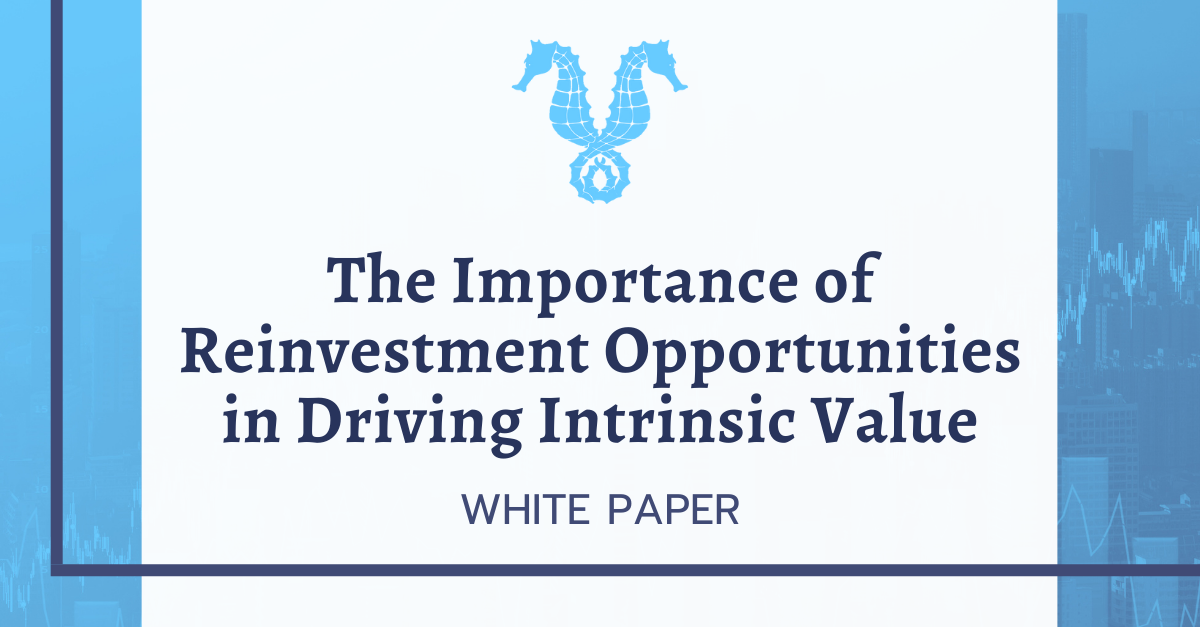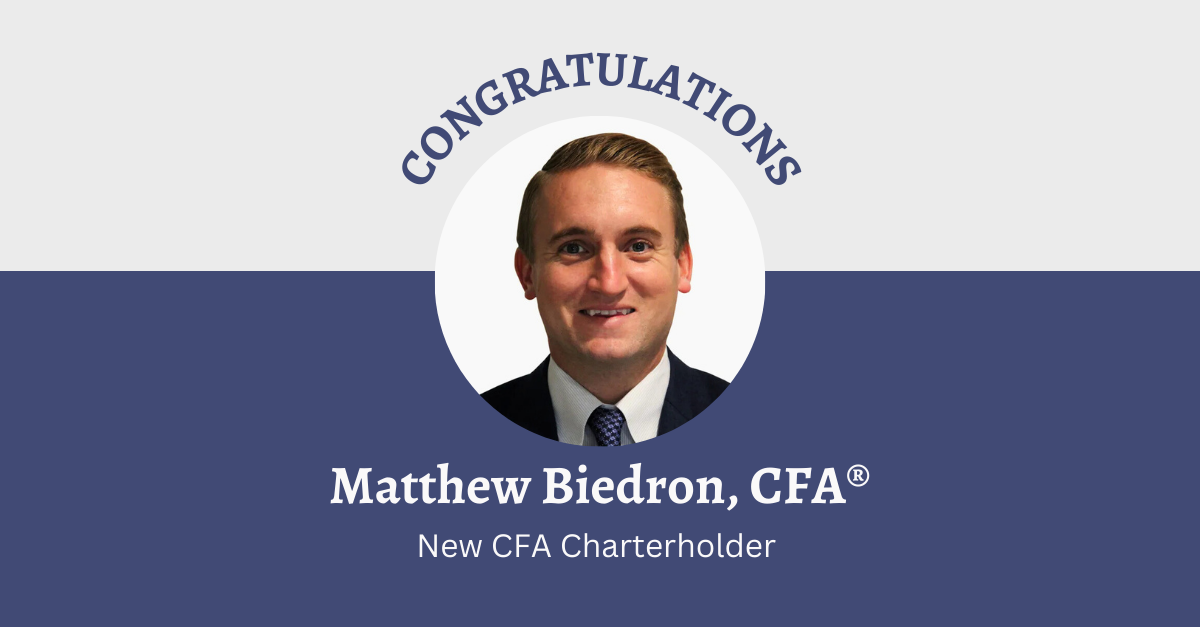Common Estate & Will Planning Mistakes Made by High-Net-Worth Families
1. Make a will and keep it updated
Judson M. Stein, a partner at McCarter & English, has focused for more than 40 years on family wealth transfer planning and estate administration. Stein said the number one mistake he sees is people simply not paying attention and not taking care of business. "They either don't have wills, don't update their wills, don't review the circumstances, and don't pay attention," said Stein.
For example, when Larry King passed away. "More than a year before Mr. King's 2021 death, he hand wrote a three-sentence document, including cross-outs, that purported to be a Will disinheriting his widow. Not only was the document poorly and incompletely done, it conflicts with his prior Will and likely conflicts with his trust that holds the bulk of his wealth," said Stein. "This is an example of someone who likely had the time and the mean to involve capable legal professionals to accomplish his goals, and didn't. His failure to do so will now harm his family financially and emotionally."
Another mistake Stein sees often is affluent families making an estate plan, then putting it away and forgetting about it. "There are always changes in family, changes in law, and changes in judgment," said Stein. "Review it regularly and keep your affairs up to date."
If you haven't yet started your estate plan or will (or if it's been more than three years since you've updated it, or if you've recently had a significant life event), take the time to sit down and either get started or review your plan.
Neil L Prupis, a partner at
Wilson Elser Moskowitz Edelman & Dicker LLP, has witnessed many affluent individuals and families neglecting will and estate planning. "Wealthy people spend a tremendous amount of time building wealth and businesses, and then they spend almost zero time preserving that wealth for generations," said Prupis. Prupis recommends reviewing your will and estate once a year and every time you make a significant transaction, buy a business, take on a partner, etc. "Who should own that asset you just acquired? These transactions should not only be discussed with your corporate attorney but your estate planning attorney too," said Prupis.
2. Team Effort
Don't be afraid to get your accountant, lawyer, and wealth manager in the same room. Each person may have a very different but significant role in creating and maintaining your will and estate.
Stacey M. Valentine, a partner at
Avelino Law LLP, has extensive experience analyzing, structuring, and administering sophisticated estate plans and has worked with many wealthy families. "The families I have seen do it the best to get everyone involved and have team meetings about wealth preservations," said Valentine. "Mistakes can happen when people neglect to get their accountant, lawyer, and financial planner all in the same room together."
Prupis also advises you to be sure your accountant has specific estate planning and wealth preservation experience. "If he or she doesn't, request someone in the firm that does. It will make a difference," said Prupis.
3. Educate Yourself
"An educated consumer of estate planning is just as impactful as the team they hire," said Prupis.
We get it; you are busy. But educating yourself on preserving the wealth you have worked so hard for is worth the time. Read newspaper articles, magazines, or books on the topic. Ask questions, and be sure you understand what your team is doing on your behalf.
For example, just because your will may assign one person to receive everything, that doesn't always include IRAs, 401ks, or life insurance policies. "The will has limits," said Stein. "For example, the will doesn't control the passing of the 401k, jointly owned property, etc. There are a lot of nuances like this, and it is important to educate yourself on each."
High-net-worth couples who are remarrying for a 2nd or 3rd time often enter into a prenup that states when they die, their family is to receive the estate, not the new spouse or the spouse's family. "We see this mistake happen all the time. A couple is remarrying, and they indicate on the prenup that the spouse will not receive the estate or the 401k," said Stein. "But federal law states the surviving spouse receives the 401k unless they waive their rights. So you must do the beneficiaries designations and also get written consent from the spouse waiving their rights to bypass federal law."
4. Be clear about your Power of Attorney and Healthcare Representatives
There are several kinds of powers of attorney (POA); two of the most common variations relevant to estate and healthcare planning are the Springing POA and Non-Springing POA. A Springing POA is a conditional power of attorney that only comes into effect after certain conditions are met, usually when the principal becomes disabled or mentally incompetent. It "springs" to life when it is needed.
A Non-Springing POA is not dependent on the principal's competence. The agent granted authority to act under the Non-Springing POA can act on one's behalf when convenient, not only when the grantor of the power is incapacitated; for example, if you are traveling abroad and need some important papers signed quickly, this agent can act on your behalf. The agent listed has the authority to act on the principal's behalf at any time, so a trusting relationship is imperative.
Both of these types of POA, have advantages and disadvantages, so consider them closely before you choose which is best for your estate and will planning.
A healthcare proxy is also an essential part of your planning. While the agent empowered under a healthcare proxy can only make medical decisions for you, not financial, it is the person who will make important healthcare decisions for you, if you are incapable of making those decisions. Be very clear about what your proxy should do if you cannot make your own choices, by doing so, you will be assured that your wishes will be carried out.
The larger an estate is, the more critical it may become to enlist the help of a professional in the estate planning process. Otherwise, one's inheritance may end up where they didn't intend. If you have questions about your family's estate and will planning, we encourage you to reach out now. We are happy to help you start the journey and connect you with what we believe to be the right team of attorneys and accountants to help secure your family's future for generations.
Want to discuss your will and estate strategy with one of our advisors? Click here to schedule a phone call now.
New Paragraph











